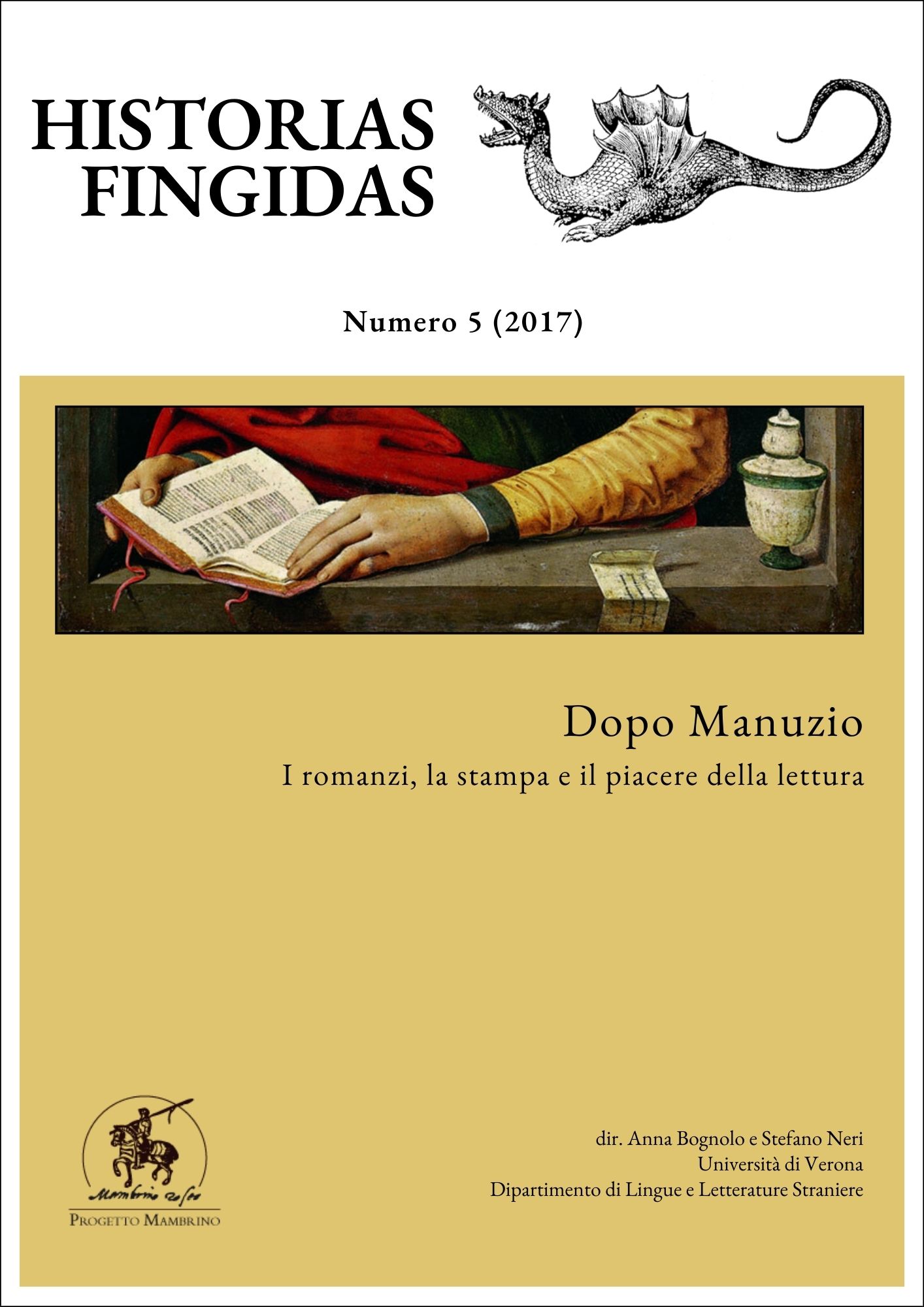Händel's Amadigi di Gaula: Spanish subject, French dramaturgy and Italian opera on English scenes
DOI:
https://doi.org/10.13136/2284-2667/71Keywords:
Händel, Amadís, migration of libretti, opera subjects, musical dramaturgyAbstract
Handel’s opera Amadigi di Gaula (1715) combines elements of various European cultures: a Spanish subject derived from the chivalric novel Amadís de Gaula by Montalvo; a French dramaturgy, based on La Motte’s Amadis de Grèce; an Italian theatrical genre, conceived for the English audience. In addition to showing some of the effects of this synergy of elements (narrative, spectacular, aesthetic), this paper discusses the seventeenth-century operas based on the Spanish novel, the absence of the subject in Italian opera production, and the choice of the French libretto as source text for Amadigi. Finally, analysing the changes made to the key sections of the French opera (divertissements) in the Italian one, the article reflects on the peculiarities of the two dramatic poetics.
Downloads
Published
Issue
Section
License

This work is licensed under a Creative Commons Attribution-NonCommercial 4.0 International License.
Authors must attend to the following conditions:- Authors will mantain the copyright of their work and leave to the journal first publishing rights, simultaneously licensed by a Creative Common License - Attribution - No Commercial Use that permits other researchers to share the work indicating the intellectual property of the author and the first publishing in this journal not for commercial use.
- Authors can adhere to other license agreements not exclusive to the distribution of the published version of their work (for example: include it in an institutional archive or publish it in a monografic book), with the agreement of indicating that the first publishing belongs to this journal.
- Authors can disseminate their work (for example in institutional repositories or their personal website) before and during the submission procedure, as it can lead to advantageous exchanges and citations of the work (see also, The Effect of Open Access).

